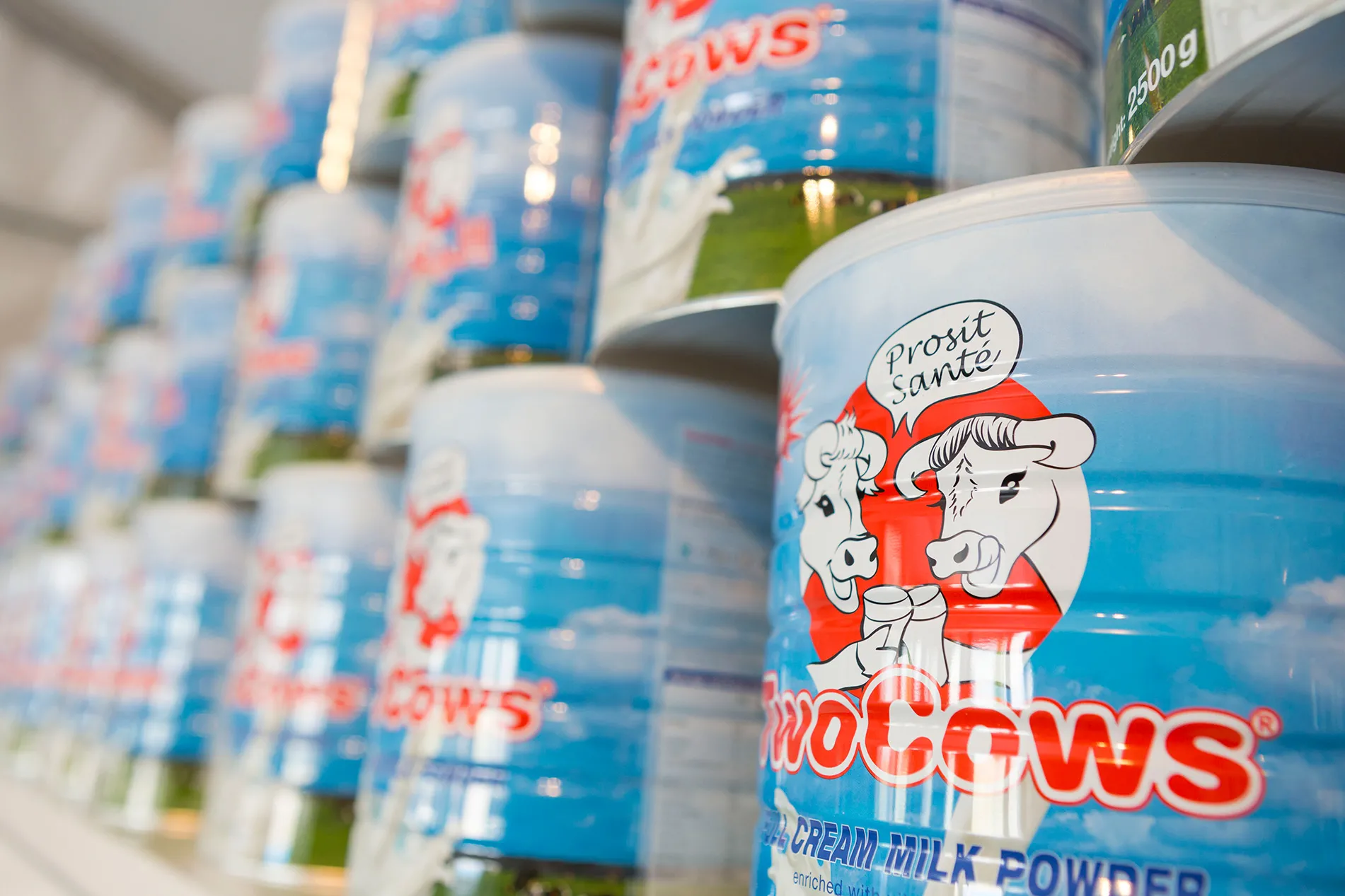
The Supplier Code of Conduct contains rules of conduct on suppliers’ responsibilities in relation to business integrity, the environment and communities, workers, and animal welfare. We only work with suppliers who meet our requirements. Seeing as we do a lot of business with European suppliers, many of the potential risks are already covered by laws and regulations. Suppliers are asked to sign the Supplier Code of Conduct every three years. We conduct supplier audits to monitor compliance with the requirements we have set. In case of non-compliance, we engage with the supplier and draw up an improvement plan to implement solutions in the short term. During the Covid-19 period, we conducted fewer audits than we would normally, or in some cases we conducted them remotely. In 2021, we resumed normal auditing activity, and we have more audits lined up for the coming year.
In 2022, we will be starting with due diligence as part of our International Corporate Social Responsibility (ICSR). Due diligence will give us greater insight into risks to people and the environment that we are, directly or indirectly, involved in through our business activities. Due diligence is an ongoing process, meaning that we will evaluate these risks on a continuing basis and respond as and when necessary to push back these risks. An initial step in this due diligence approach is to identify risks to people and the environment across our entire supply chain. We do that for all the raw materials, goods, and services we procure, taking stock of where potential risks are in our supply chain. Wherever we identify potentially high risk, we proceed with a more in-depth risk analysis or a supplier audit. We would do that, for example, for raw materials from countries where protection of human rights and the environment is not always a given. Where necessary, we will revise the Supplier Code of Conduct to rule out potential risks.